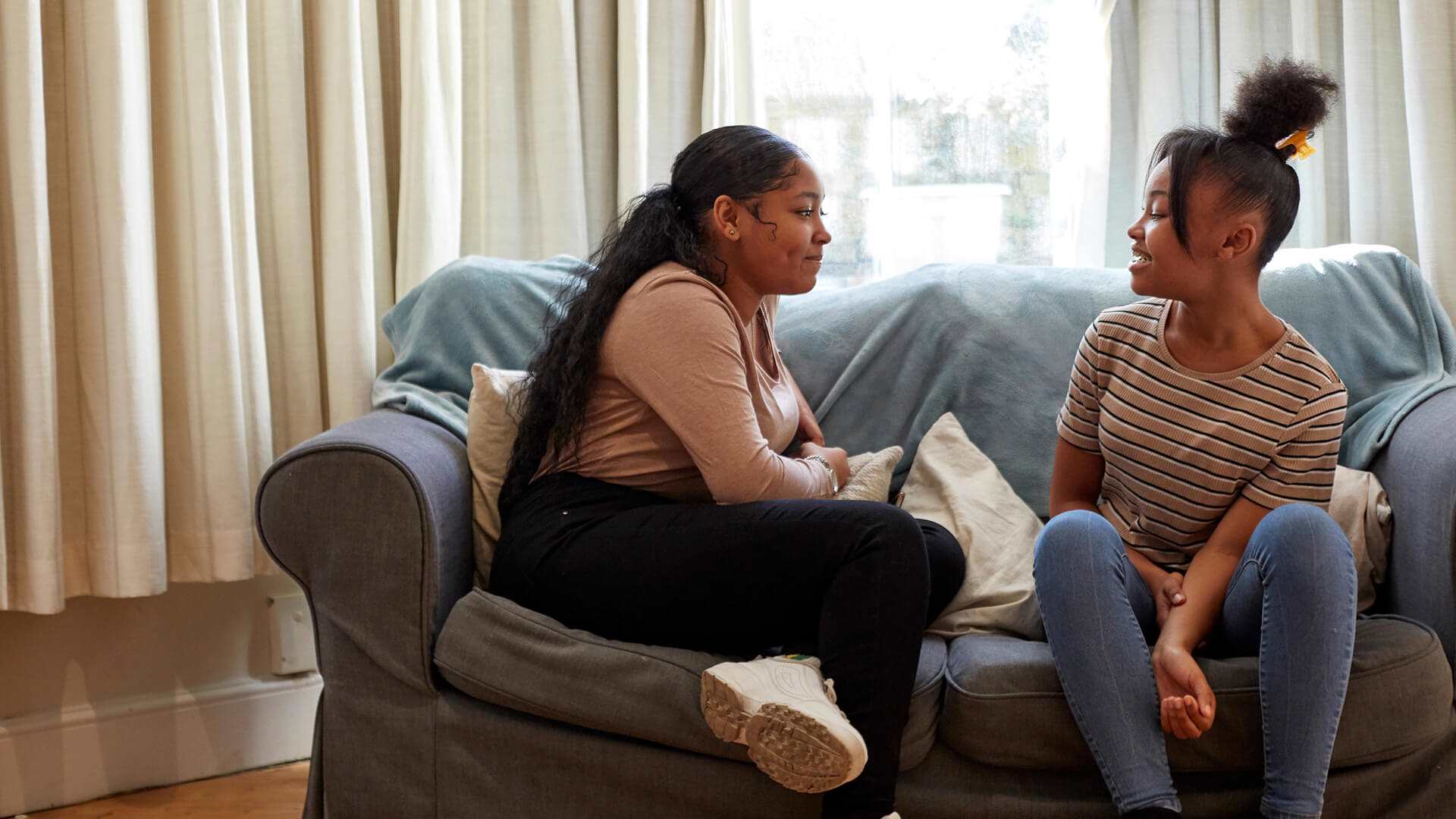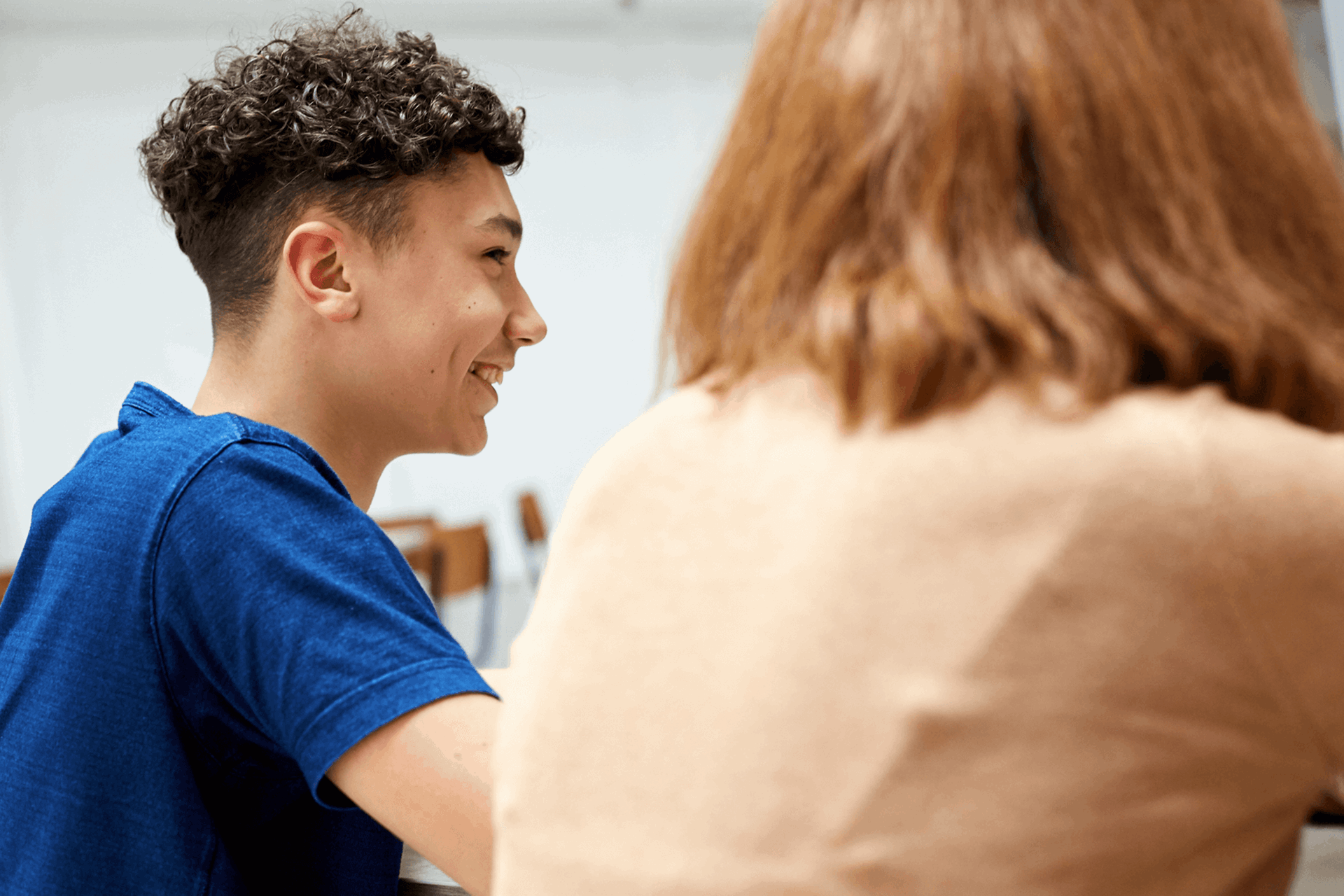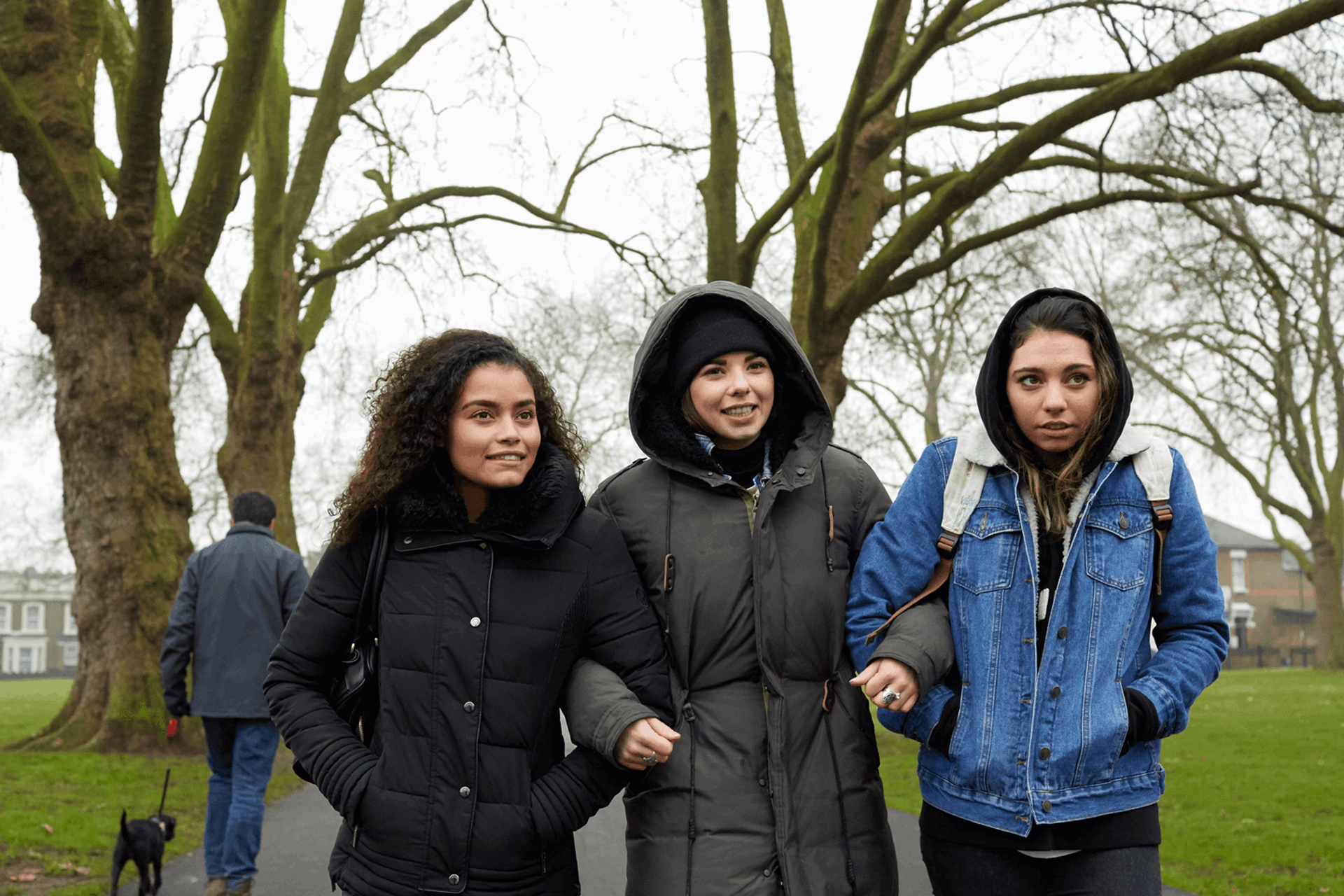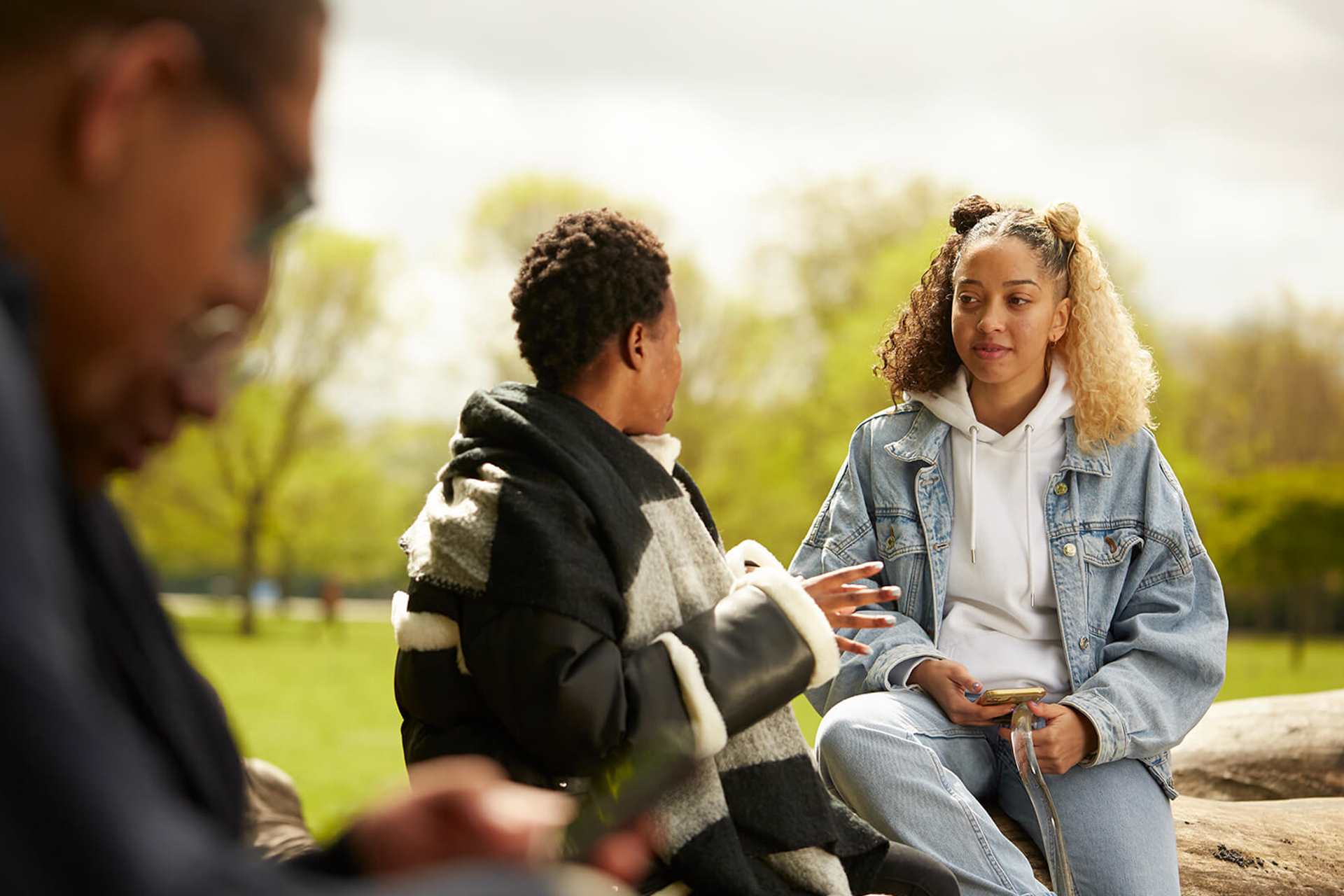Topics mentioned: down and unable to cope, suicidal feelings
About: Hollie, 19, shares what endometriosis feels like for her, how it's impacted her mental health, and the things that help her cope.
My whole idea of the future then changed into an uncertain cloud of doctor’s appointments and surgeries.
My story
I was 13 years old when the doctor told me: “I am 99% sure this is endometriosis, which means at some point you will probably need surgery and chances are you will never have children.”
At that age I definitely wasn’t considering having children yet but being told I probably never could, I suddenly realised how much I wanted to be a mum one day. My whole idea of the future then changed into an uncertain cloud of doctor’s appointments and surgeries, with no real assurance that it would eventually be okay.
For those of you who have had a similar experience, I want to give you hope that you can get through this and have whatever future you want.

Symptoms of endometriosis
The NHS defines endometriosis as a condition where tissue, similar to the lining of the womb, grows in other places, such as ovaries and fallopian tubes. Symptoms range from extreme period pain, to feeling sick and constipated.
The period pain itself is bad enough, but what makes it worse is that some people don’t take it seriously. As most people experience some degree of pain during their period, sadly some people assume that what you’re feeling is the same as them, and that you’re just being overdramatic.
From my experience, this symptom meant such severe pain that I wouldn’t be able to get up off the bathroom floor, screaming in agony with painkillers having no effect. I remember reaching my lowest point then, feeling that if this was what my life was going to be, I didn’t want to live it anymore.
With a lot of patience and family support, they did eventually find the right medication for me.
How finding a treatment impacted my mental health
It is a well-known fact that endometriosis is extremely hard to diagnose. The only way to be 100% sure is to have keyhole surgery to see the abnormally growing tissue.
For this reason, you may feel stuck in an endless stream of doctor’s appointments, without really getting the help that you know you need. This process was the hardest on me mentally. I tried five different variations of the pill until after nearly three years they finally found one that worked for me.
This meant for most of my secondary school years I was a complete mess. I either had out-of-control hormones, causing me to need help from a counsellor, or overly-balanced hormones, making me the most Zen person ever, but with continuous bleeding for six months straight. Thankfully though, with a lot of patience and family support, they did eventually find the right medication for me.
I want to tell you that things can get better, and you can have a complete and full life.
Finding hope
I know first-hand that starting treatment for endometriosis, or trying to see a doctor to get a diagnosis, can be an extremely difficult time. It can cause a lot of anxiety and can have a huge impact on your mood when it all seems very bleak.
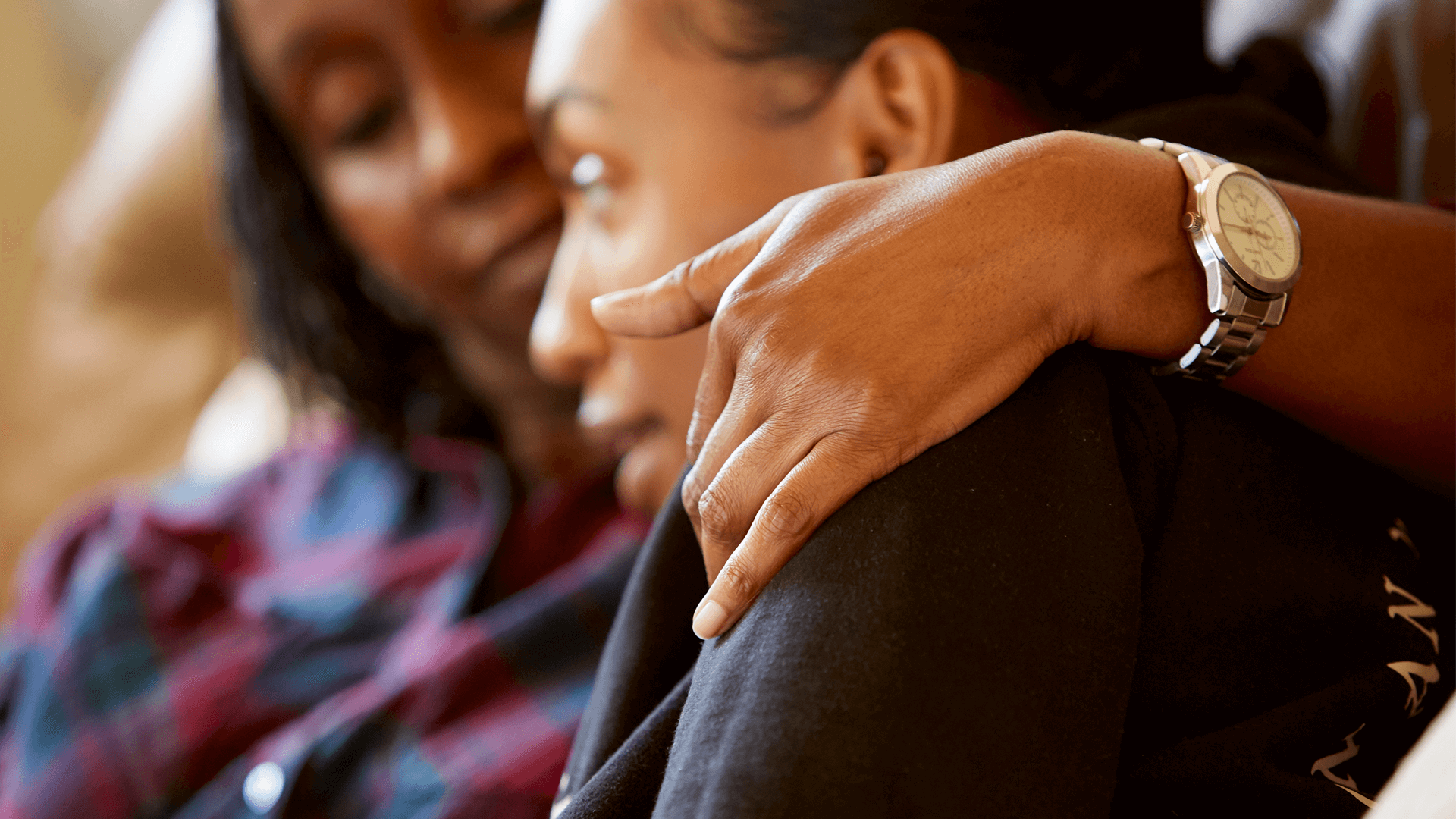
However, I want to tell you that things can get better, and you can have a complete and full life. Endometriosis is a partially genetic condition, meaning that you will most likely have other relatives in your extended family that also suffer from it.
In my family I have two aunts who have both experienced endometriosis since they were teenagers. This was one of the things that gave me hope through all the uncertainty. They were a reminder that I could also get through it and be okay.
They were also living evidence that the doctors could be wrong, as both had four children and had learnt to live without letting the pain affect their lives.
I want to give you hope that you can get through this and have whatever future you want.
Tips for coping with endometriosis
-
Remember that it's okay to feel rubbish
Don’t feel isolated in your pain and try to hide it, but know that it’s okay to feel down and admit that sometimes it sucks.
-
Get extra help if you need it
Don’t struggle alone if you start to feel down. Find extra support in person or online to keep you going.
-
Fight for yourself
Don’t let doctors or other people tell you what you can and can’t do, but push for the life that you want.
-
Be patient
It can be a long process from initially having the symptoms to diagnosis and getting the right medication. Try and stay positive because even if it takes a while, it will be okay in the end.
Overall I just want to say that you can live the life you want with endometriosis. No matter what stage you’re currently at, my life today is evidence that you can still achieve everything you want to.
Keep pushing through, talk to family members or friends who have periods, and reach out for help if you are struggling. If you are worried about your periods, speak to your GP for more information. You can also find support at Endometriosis UK.
I just want to say that you can live the life you want with endometriosis.
More information and advice
We have tips and advice to help you find the support you need. Take a look at our guides.
Where to get help
However you're feeling, there are people who can help you if you are struggling. Here are some services that can support you.
